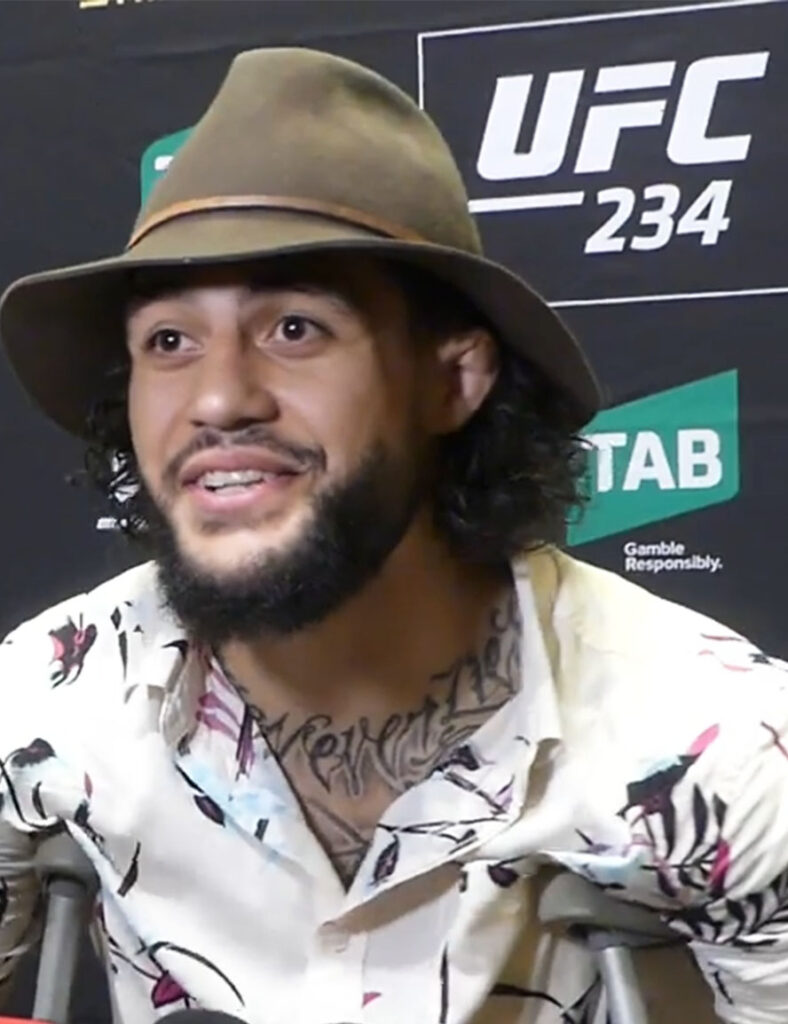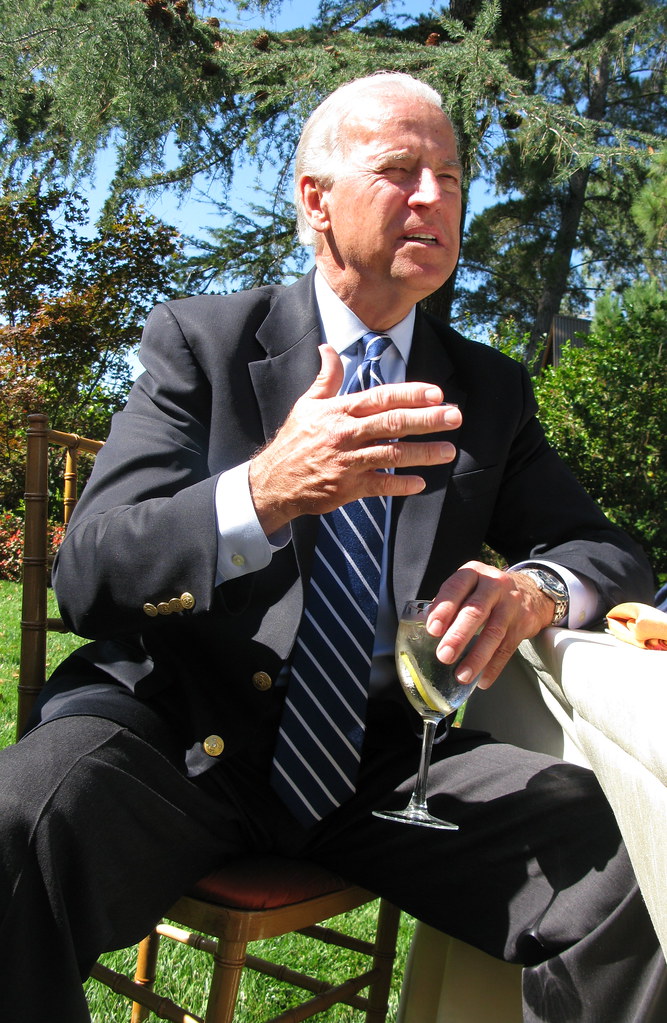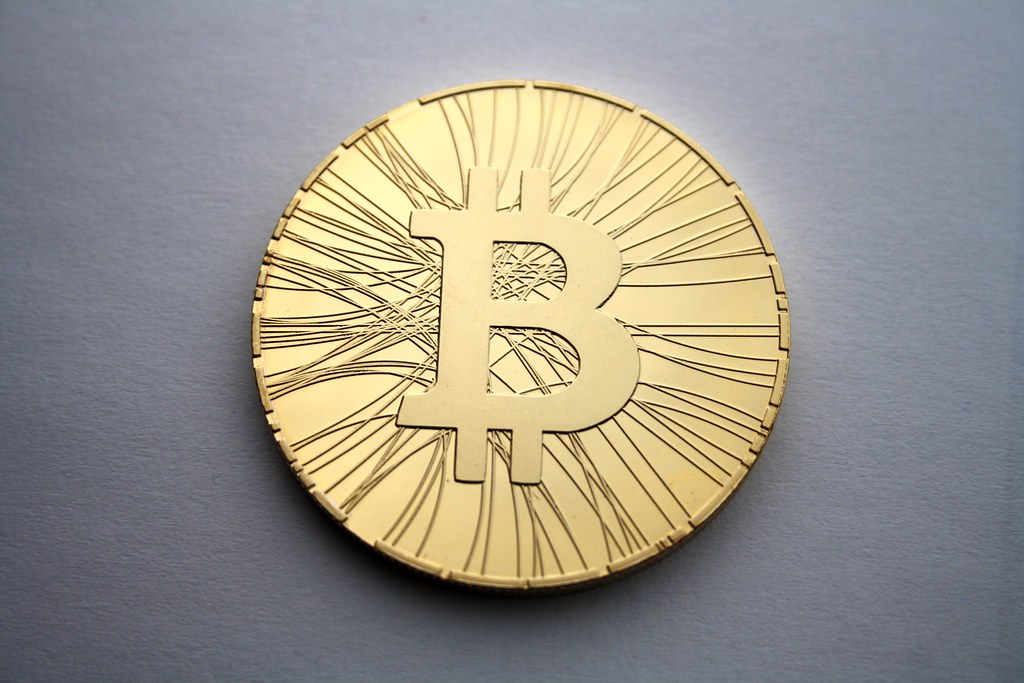In a world where the glitz and glamour of major sporting leagues often overshadow the gritty realities facing athletes in less mainstream sports, the recent retirement announcement of UFC fighter Tyson Pedro sheds light on a seldom-discussed aspect of professional athletics: financial instability. After an 8-year stint in the Ultimate Fighting Championship, Pedro, at the age of 32, decided to call it quits in a sport that has been both his passion and profession.
Following his unanimous decision loss to Vitor Petrino at UFC Vegas 87, Pedro, in a rather unprecedented move, laid bare the economic challenges that come with life in the MMA circuit. During his post-fight press conference, Pedro quipped, “With the (tax) deductions and the loss of the fight tonight, I’m probably going to have to rob someone in the car park. … Who’s got the most on them?” Though his words were cloaked in humor, they revealed a stark reality: financial duress is a significant battle many fighters face outside the octagon.
MMA, unlike other professional sports, does not guarantee the kind of earnings that can secure an athlete’s financial future. Pedro’s retirement speech underscored a narrative not commonly associated with the life of a professional athlete—the ongoing struggle to make ends meet. “It’s been on my mind a little bit lately,” Pedro said, elaborating on the various reasons behind his decision to retire, including the financial burden that comes with pursuing excellence in the sport.

Pedro’s journey in UFC was notable, with a record of 6-5 inside the Octagon and impressive wins against fighters like Khalil Rountree Jr. and Paul Craig. Yet, despite these achievements, the financial realities of being an MMA fighter weighed heavily on him. The costs associated with training, coupled with time spent away from family, painted a picture of sacrifice with an unstable reward.
As Tyson Pedro bids farewell to a significant chapter of his life, his departure serves as a poignant reminder of the personal and financial sacrifices athletes make in pursuit of their dreams. It’s not just about the physical toll taken by the sport but also about the economic battles fought in silence. Pedro’s story is a wake-up call, urging us to look beyond the spectacle and acknowledge the human element inherent in the world of professional sports. The question now remains: how will the industry respond to these glaring issues, and what steps will be taken to ensure fighters like Pedro can hang up their gloves without having to worry about what comes next?
Related posts:
UFC Fighter Says He’s So Broke That He Might Have To Rob Someone In The Parking Lot After Loss
Tyson Pedro cites financial struggles as his reason for retiring following UFC Vegas 87 loss





